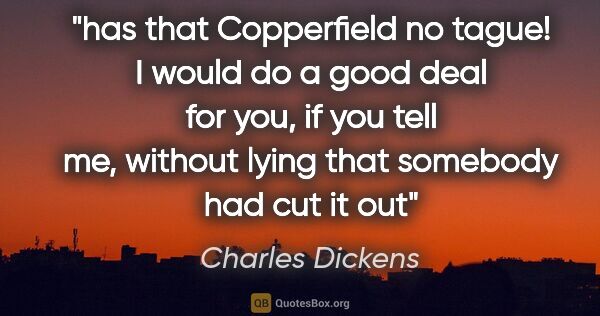Goodly Quotes (page 284)

The robot said, 'I have been trying, friend Julius, to understand some remarks Elijah made to me earlier. Perhaps I am beginning to, for it suddenly seems to me that the destruction of what should not be, that is, the destruction of what you people call evil, is less just and desirable than the conversion of thi sevil into what you call good.' He hesitated, then, almost as though he were surprised at his own owrds, he said, 'Go, and sin no more!
Isaac Asimov

And naturally I was reading in the library a few days later from a book about the Indian saint Sri Ramakrishna, and I stumbled upon a story about a seeker who once came to see the great master and admitted to him that she feared she was not a good enough devotee, feared that she did not love God enough. And the saint said, "Is there nothing you love?" The woman admitted that she adored her young nephew more than anything else on earth. The saint said, "There, then. He is your Krishna, your...
Elizabeth Gilbert
Philosophy which does not seek to impose upon the world its own conceptions of good and evil is not only more likely to achieve truth, but is also the outcome of a higher ethical standpoint than one which, like evolutionism and most traditional systems, is perpetually appraising the universe and seeking to find in it an embodiment of present ideals.
Bertrand Russell
They make a fuss about Hogsmeade, but I assure you, Harry, it's not all it's cracked up to be. All right, the sweetshop's rather good, and Zonko's Joke Shop's frankly dangerous, and yes, the Shrieking Shack is always worth a visit, but really, Harry, apart from that, you're not missing anything.
J. K. Rowling
At school he had done things which had formerly seemed to him very horrid and made him feel disgusted with himself when he did them; but when later on he saw that such actions were done by people of good position and that they did not regard them as wrong, he was able not exactly to regard them as right, but to forget about them entirely or not be at all troubled at remembering them.
Leo Tolstoy


